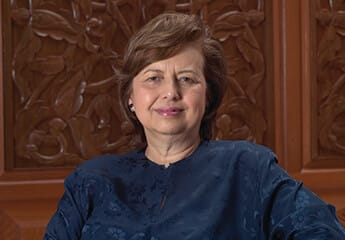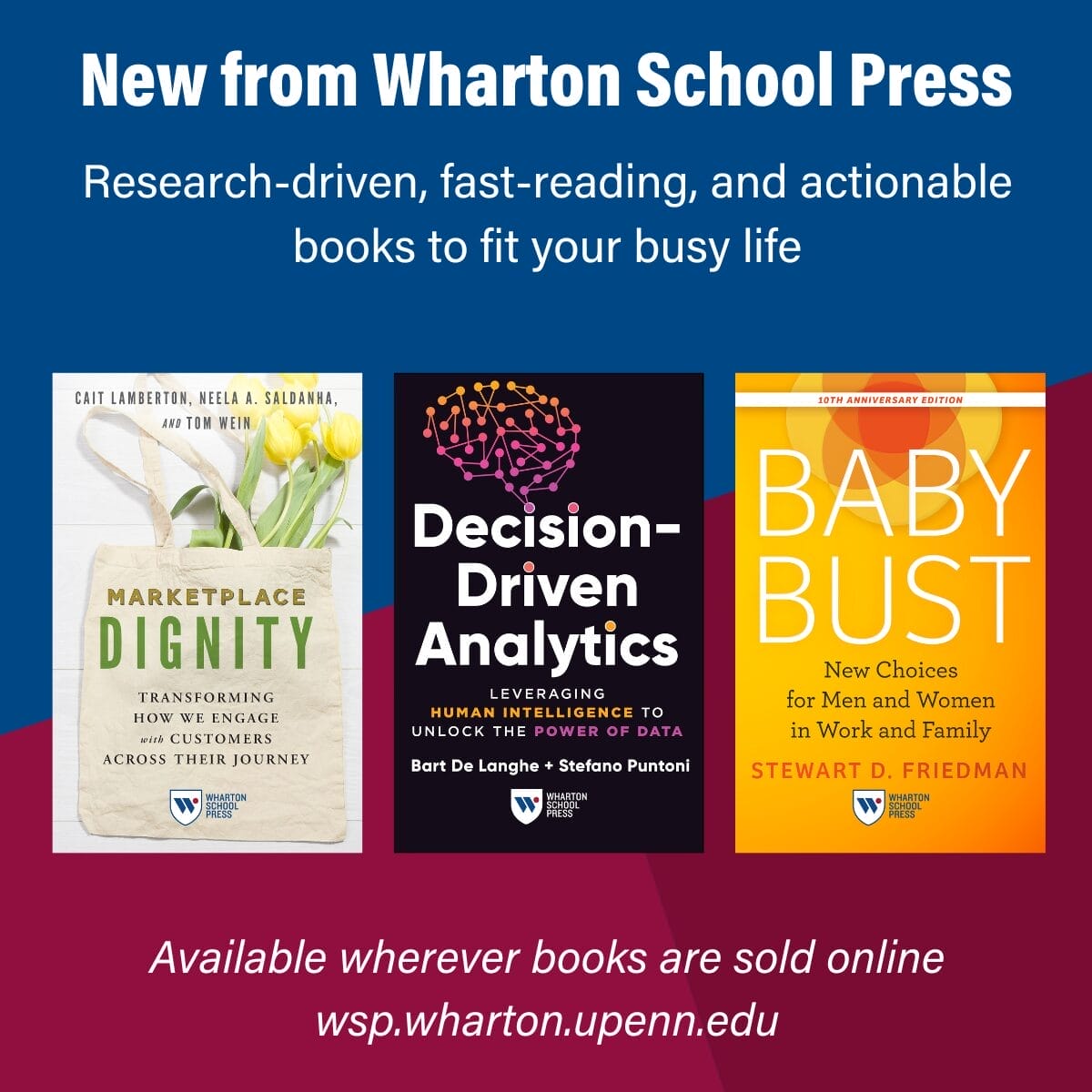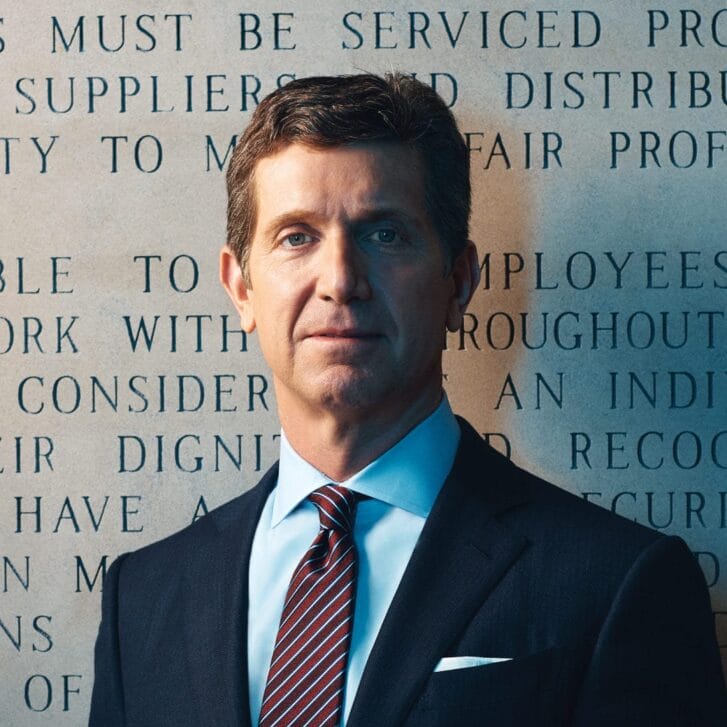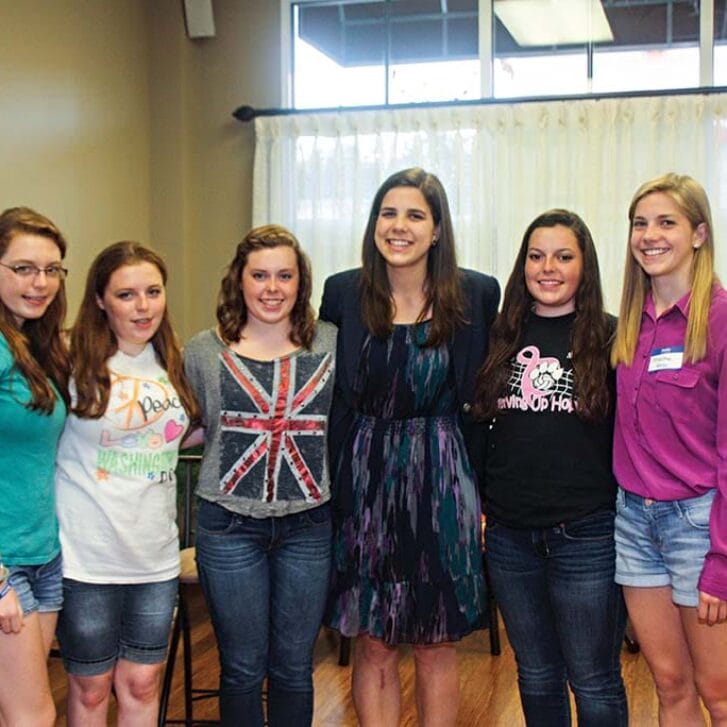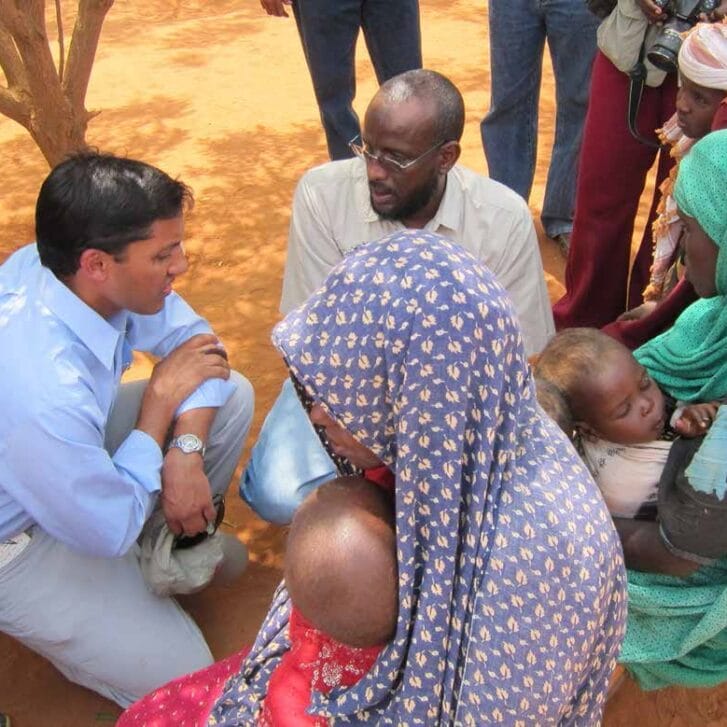The playing field at the Wharton School has been in the process of being leveled for more than 80 years. When it comes to gender, the campus has reached historic levels of diversity. As Howard Kaufold, vice dean of the Wharton MBA Program, announced at Convocation in August, the MBA Class of 2015 is the fifth in a row in which women represent greater than 40 percent. If we look inside the the numbers, we see a campus where opportunities avail themselves on a daily basis to all students. Social impact volunteering, entrepreneurial endeavors, career interviews, student clubs, leadership adventures—you name the activity, and women will be found in the forefront of involvement. Likewise for Wharton’s undergrad students.
We must admit such was not always the case. In 1881, when Wharton began, there were no female matriculates. Likewise, no women entered when the MBA program launched in 1921. A literal interpretation reigned of founder Joseph Wharton’s intent for his School: to prepare the nation’s “young men of inherited intellect, means and refinement” to assume leadership of industry.
Not until 1931 did the University of Pennsylvania award Alma Katherine Ledig, ED’26, WG’31, a Master of Business Administration. She had completed a thesis, 139 pages’ worth, titled “Training of Salespeople for Ready-to-Wear Departments.” “How vast the change!” the Pennsylvania Gazette announced in its October 1954 edition. On the cover was a photo of eight of “Wharton’s first women students” in the process of registering. (The image is powerful enough that we chose to repurpose it as the cover for this issue.)
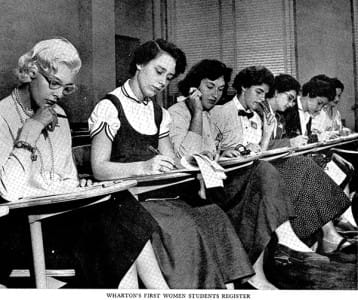
The image from the Penn Gazette’s October 1954 cover. The original caption read, “Wharton’s first women students register.”
In an essay in that ’54 Gazette, then-chair of the Board of Trustees, Robert T. McCracken, C’04, L’08, delineated the Penn timeline: in 1900, the total Penn enrollment was around 2,600; by 1954, 2,600 women were at Penn (out of a total of 17,000 students).
“From 2,600 students to 2,600 women is the record of the last 50 years,” McCracken praised.
Wharton was one of the last schools to admit women (the School of Engineering and Applied Science was the other). In that first class of female undergraduate Wharton students in 1954, 15 women entered. Nine women graduated in 1958 with a bachelor’s of science in economics.
Coincidentally, the School appointed Jean Andrus Crockett as assistant professor of finance in 1954, making her the first woman to join the standing faculty in one of its departments of business education. She earned the title of associate professor in 1959, full professorship in 1965—all firsts at Wharton.
One can argue that more needed to be done quicker, but Wharton was a pioneer and continues to be a pioneer among the ranks of elite institutions of business learning.
We are here to celebrate that—by presenting the stories of some of Wharton’s most successful graduates and allowing them to tell their experiences and viewpoints in their own words.
We interviewed six prominent leaders in the business community:
Dr. Zeti Akhtar Aziz, G’74, GR’78, governor of the Central Bank of Malaysia, whose calm, talent for innovation and technical expertise has helped her nation and the global banking system chart calmer economic waters. Read the Q&A.
Karen Finerman, W’87, founding partner of Metropolitan Capital, who blazed her way in the hedge fund world and now onto bookshelves with Finerman’s Rules—a book about advice she gives her daughters for navigating the working world. Read the Q&A.
Jamie Moldafsky, WG’89, chief marketing officer at Wells Fargo, who has helped to build one of the most valuable corporate brands while continuously and often unorthodoxically growing her own personal reputation. Read the Q&A.
Linda Pavy, WG’80, Burson-Marsteller’s European health care-nutrition leader, who has never felt held back in her career trajectory as a corporate marketing professional and global communications leader—unless you consider her desire to feel inspired in life and on the job an impediment. Read the Q&A.
Jacqueline Reses, W’92, chief development officer at Yahoo, who has clear views about leadership and how to return her employer to its former tech titan status—views that have placed her firmly in the international spotlight and cultural debate about women in the workforce. Read the Q&A.
Suzanne Shank, WG’87, co-founder, president and CEO of Siebert Brandford Shank & Co., who has helped to lead the municipal underwriter to unprecedented heights—though she believes success in life and work is a journey everyone must take for themselves. Read the Q&A.
In the process of researching this article, we spoke with many other prominent Wharton alumnae about their professional experiences and their views on leadership.
Women such as Stacy Bash-Polley, WG’94, a partner at Goldman Sachs, who told us:
“Leadership is about being passionate, taking risk, setting a vision and being inspiring enough to motivate others to achieve their full potential. Failing or being wrong means that you have taken enough risks to know what works and, most importantly, makes you aware of your own strengths and weaknesses. True leadership is the ability to lead with passion and perseverance, not with defined power or formal position.”
Or Ellen Stafford-Sigg, WG ’88, whose 25-year career at Deloitte has spanned client development, partnership, leadership development and global growth.
“Being a leader starts within each of us, with our values and our passion—understanding what matters to us and why. One of my greatest passions is to help others be their best and live their best. As a leader, I strive to ignite a similar passion in others by articulating a vision of a different and better future and why it is important to all of us,” Stafford-Sigg said.
We hope these stories and insights will inspire you and resonate with how you think about the School and about your own career—and perhaps prompt you to share your own thoughts about life, work and leadership with us and the wider community.
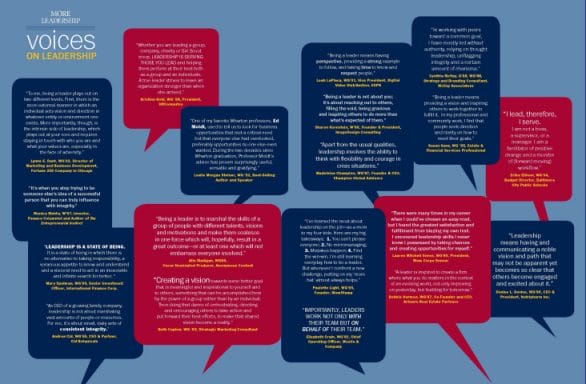
We spoke with many prominent Wharton alumnae about their professional experiences and their views on leadership. Read some of their responses here. Click to enlarge.




















